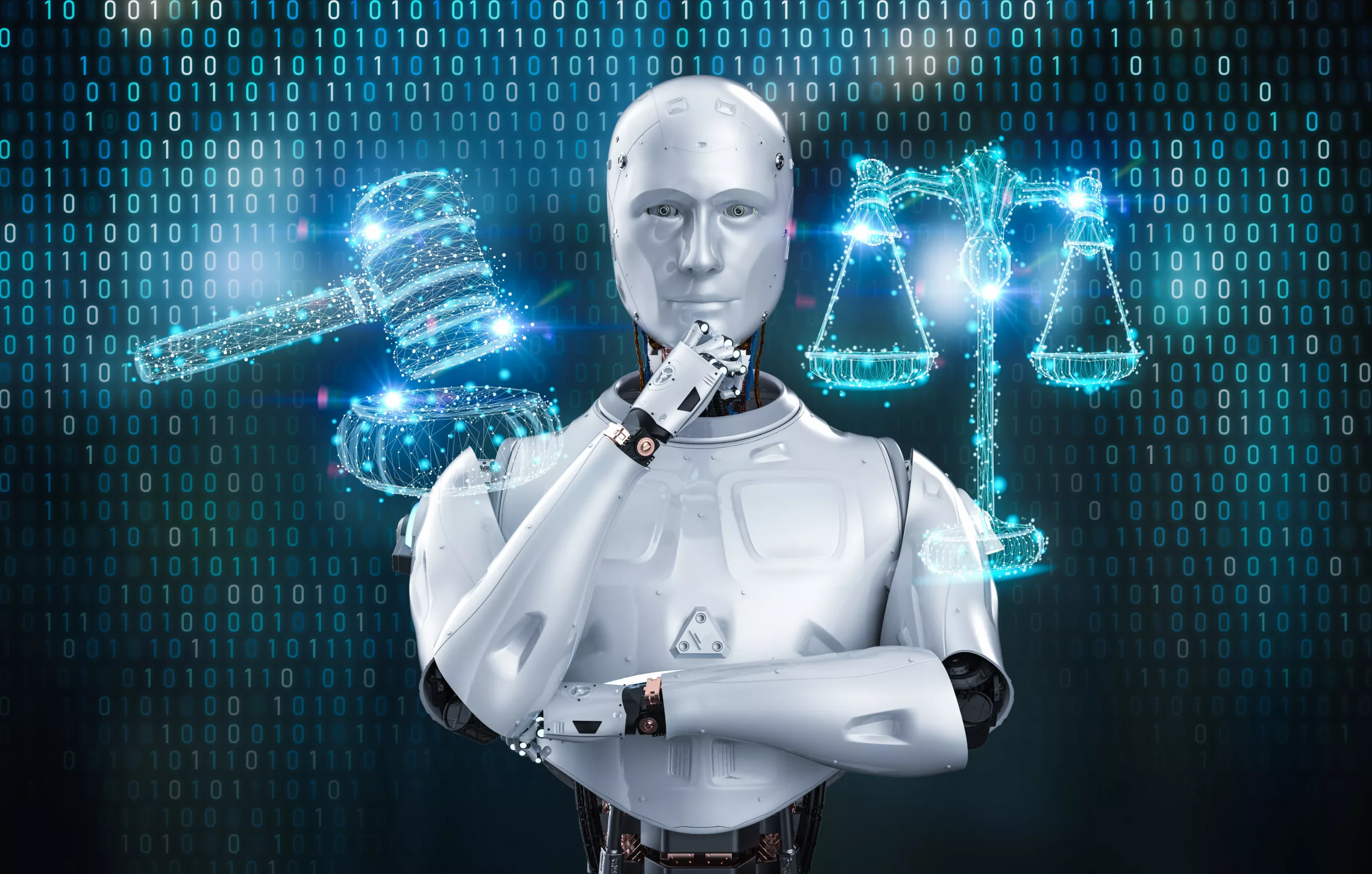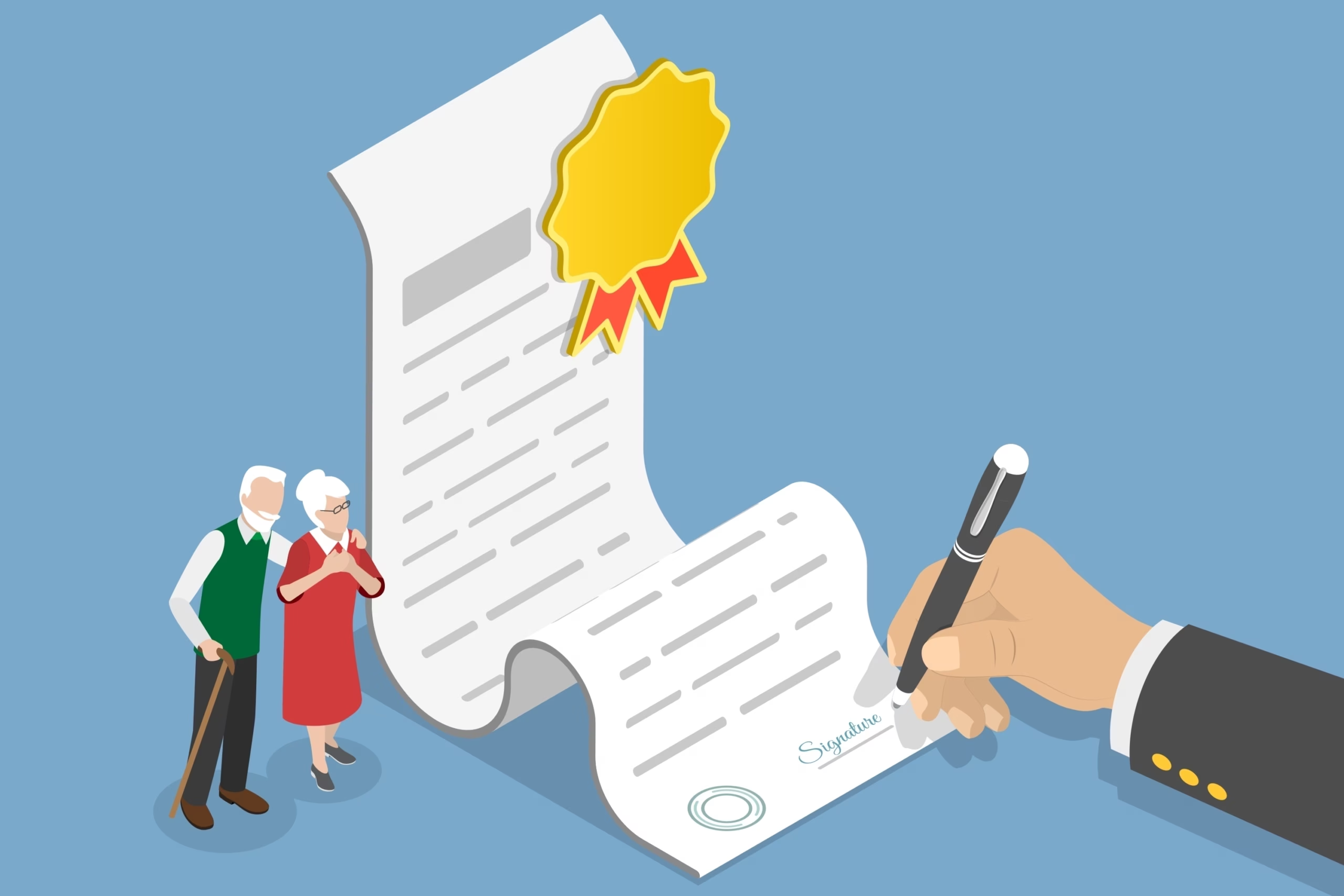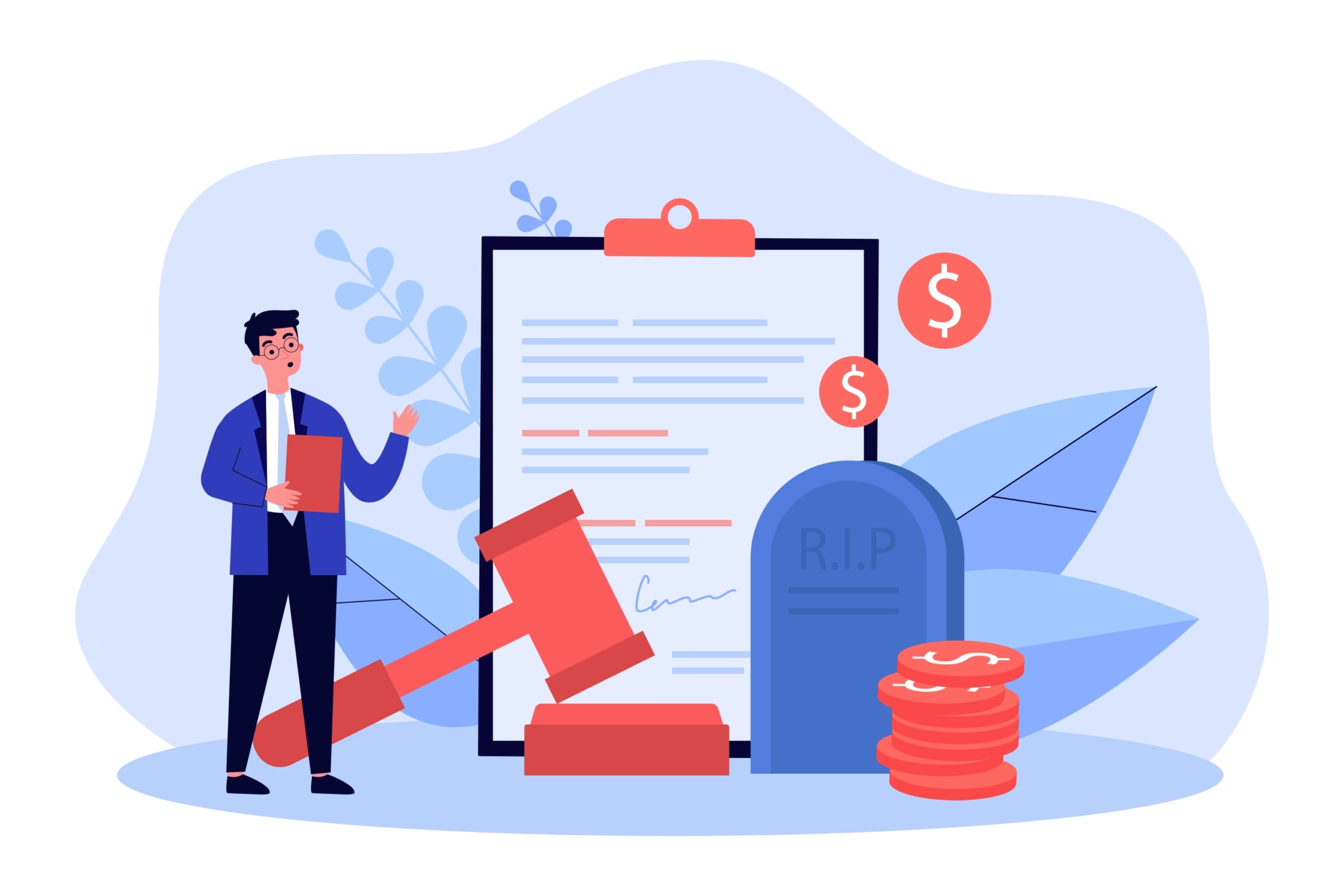
The dawn of emerging technologies like Artificial Intelligence (AI), robotics, and gene editing brings unparalleled advancements, but also casts a looming shadow of uncertainty. In the UK, a vital question hangs heavy: who is liable when things go wrong? Are existing legal frameworks equipped to handle the ethical and legal repercussions of these complex tools?
Currently, the UK legal landscape remains a patchwork quilt. Existing laws, crafted for a less tech-driven era, often struggle to accommodate the nuances of emerging technologies. This leaves a grey area where liability becomes a tangled web.
Where do UK rights stand in this evolving scenario?
-
Right to privacy: Data is the fuel for many emerging technologies, raising concerns about its collection, use, and potential misuse. The UK boasts robust data protection regulations like the General Data Protection Regulation (GDPR), granting individuals control over their personal information. However, questions linger about AI algorithms making biased or discriminatory decisions based on collected data, potentially infringing on the right to equality and non-discrimination.
-
Right to life and security: Autonomous vehicles, for example, present a potential risk to life and limb. While the Automated and Electric Vehicles Act 2018 addresses liability for accidents during autonomous driving, the ethical quandaries remain. Who takes responsibility when an AI makes a life-or-death decision in a split second? How do we ensure fairness and accountability in such scenarios?
-
Freedom from exploitation: The potential for manipulation and coercion by advanced technologies cannot be ignored. Deepfakes and social media algorithms have the power to sway public opinion and influence individual decisions. Protecting the right to freedom of thought and expression becomes crucial in an environment where reality itself can be digitally sculpted.
The Roadmap Ahead: Navigating the Liability Maze
The UK government and legal experts are actively grappling with these challenges. Initiatives like the Law Commission’s review of conflict of laws and emerging technology and the Centre for Data Ethics and Innovation’s work on AI governance demonstrate a commitment to finding solutions.
Possible avenues for progress include:
- Developing sector-specific regulations: Tailoring legal frameworks to address the unique risks and responsibilities associated with each emerging technology, like AI or gene editing.
- Clarifying liability frameworks: Establishing clear guidelines on who is accountable for harm caused by these technologies, ensuring predictable and fair outcomes for victims.
- Investing in ethical governance: Promoting ethical development and deployment of emerging technologies, with robust safeguards in place to protect fundamental rights.
The ethical and legal landscape surrounding emerging technologies is dynamic and complex. Finding a balance between fostering innovation and safeguarding UK rights requires ongoing dialogue, adaptability, and a shared commitment to responsible technology development. As we navigate this maze, let’s ensure that the path forward protects both the dazzling potential and the fundamental rights of citizens in the UK and beyond.

Table of content
Recent Posts
Cryptoasset Tax Changes From January 2026
The world of cryptoassets is in a constant state [...]
UK Housing Market – 2025 Update
Buying your first home in the UK is not a [...]
Can You Put Digital Assets In A Trust? – How To Protect Your Digital Estate
In an era where our lives are increasingly played out [...]







